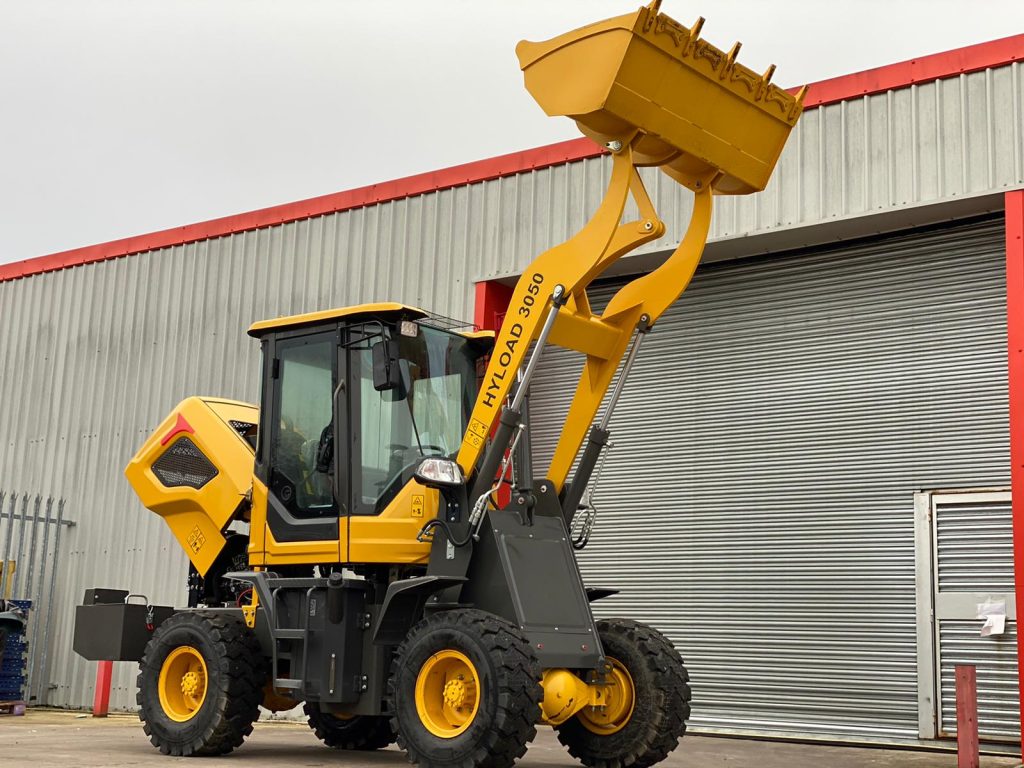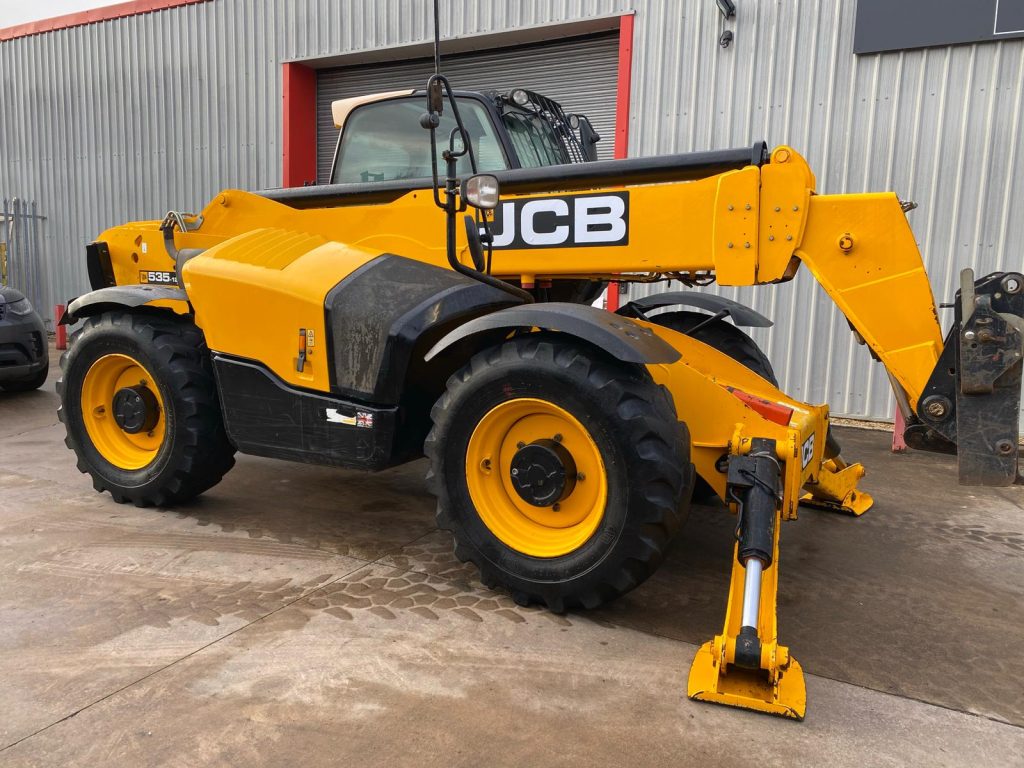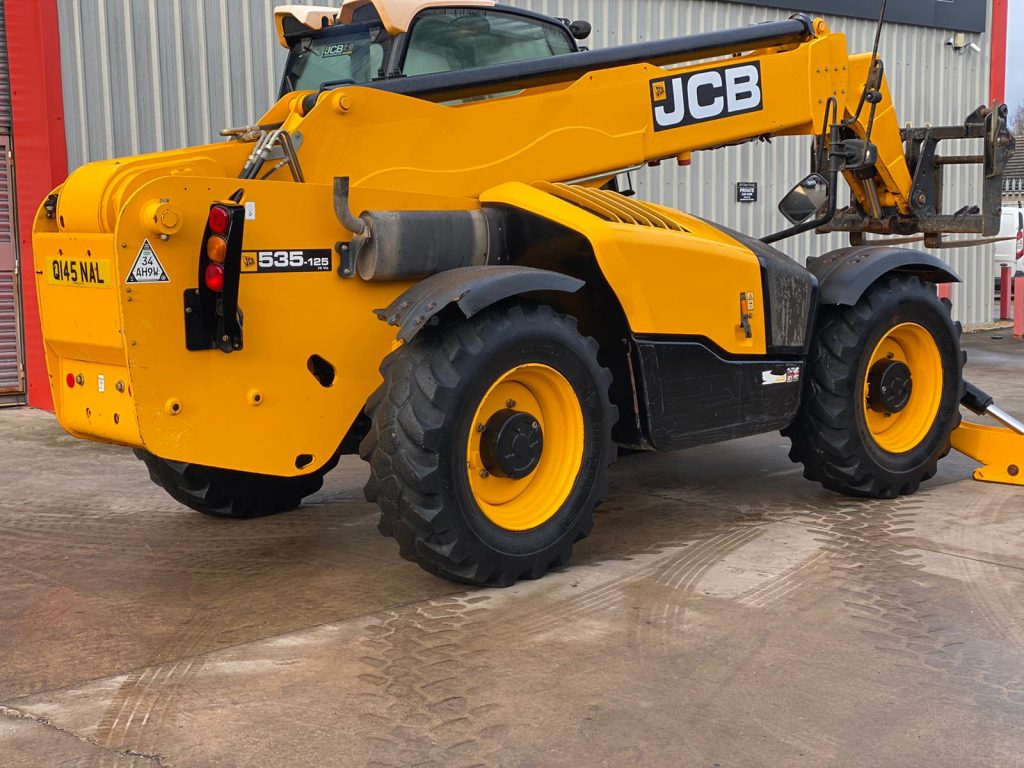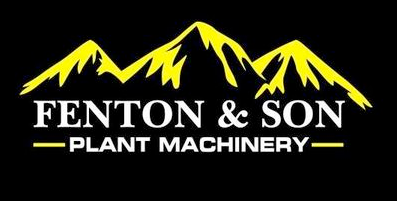Thinking About Exporting Plant Machinery

When it comes to exporting plant machinery you need to get it right. With the global pandemic adding extra pressures to exporting plant machinery abroad, there are basic good practices that you need to consider. There’s no doubt that it has been much harder over the last year to trade internationally, but with restrictions starting […]
Fenton Plant Machinery’s Tips for Buying Construction Machinery

With the construction industry working through a third lockdown, here are some tips for buying construction machinery. Fenton Plant Machinery specialise in selling quality used plant machinery. Years of experience in providing this service have given us an insight on what to look out for when buying construction machinery. Here are some of our tips […]
What are the Main Benefits of Telehandlers

In the construction industry the benefits of telehandlers are many, here’s a few of them. Lifting equipment and materials is an everyday part of the construction industry, and the benefits of telehandlers cannot be underestimated. They can be one of the most valuable, time saving machines that you can utilise. Commonly used in the agricultural […]


